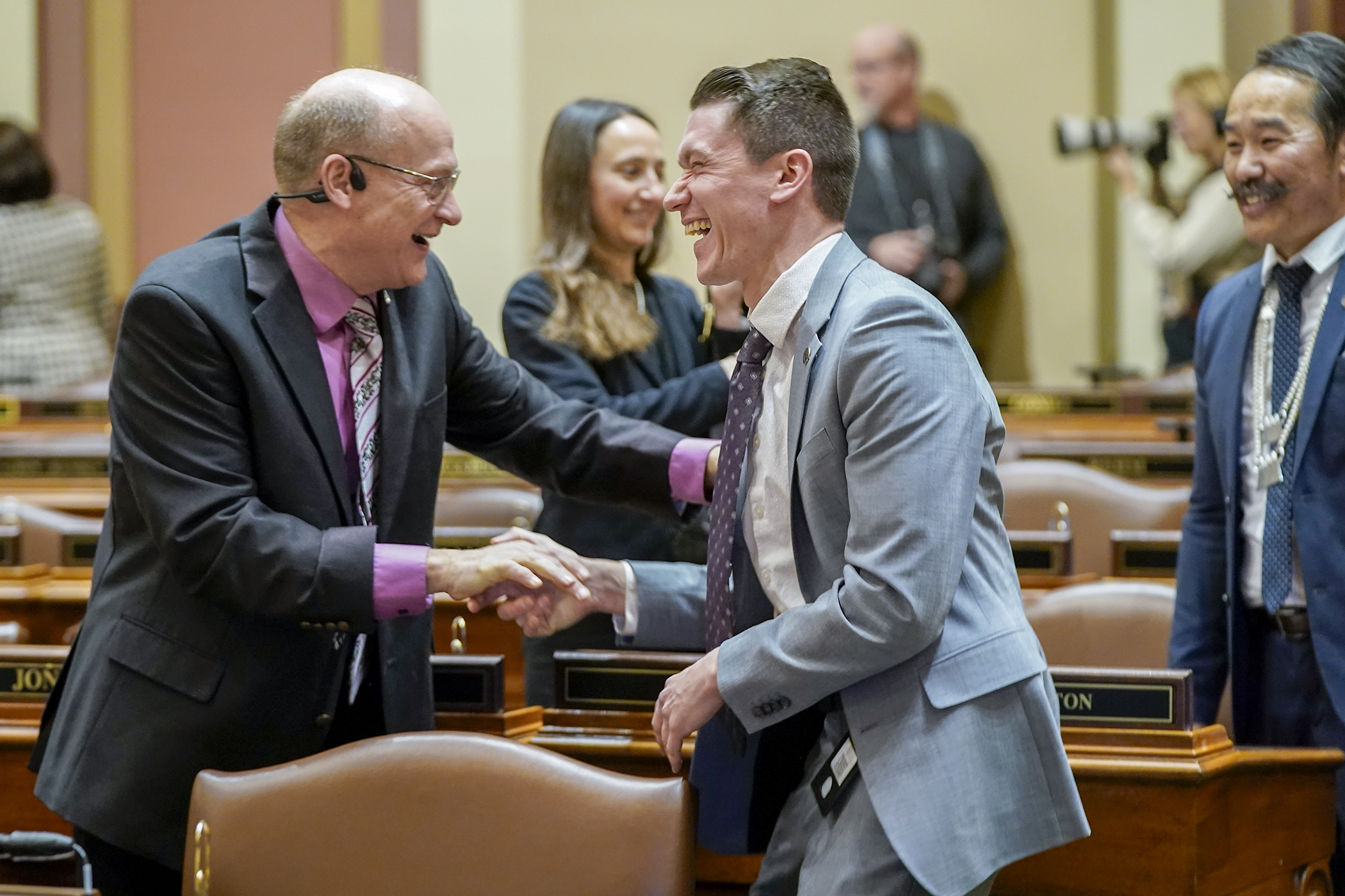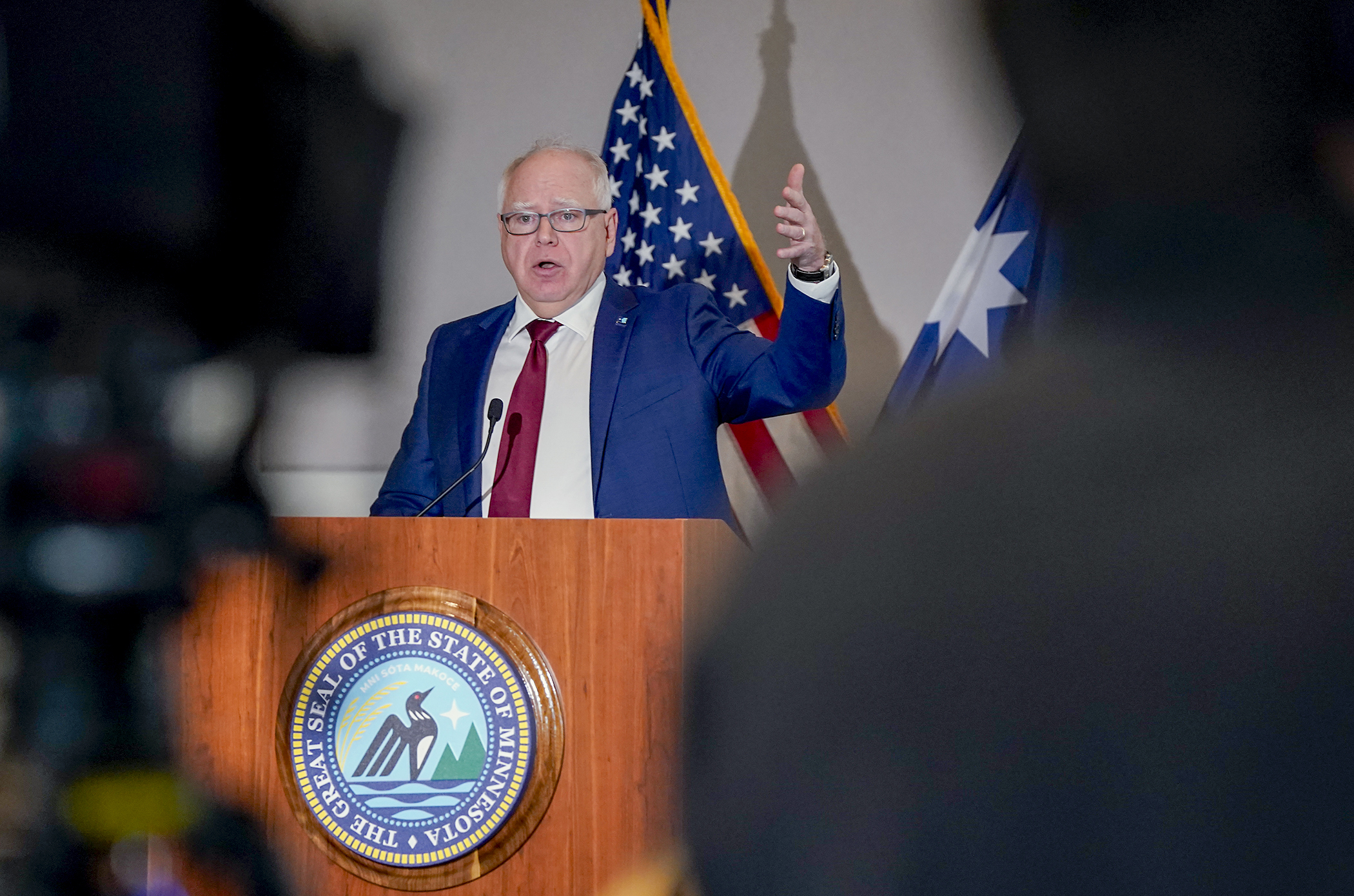Division considers additional funding boost to help small businesses

While federal funding has been made available to help businesses impacted by the COVID-19 pandemic, Rep. Zack Stephenson (DFL-Coon Rapids) said not enough of it has reached small business owners.
He sponsors HF1507, which, as amended, would provide $55 million in additional funding for the state’s Small Business Emergency Loan Program at the Department of Employment and Economic Development. Most of that funding would explicitly target small and minority-owned businesses.
The House Jobs and Economic Development Finance Division approved the bill 12-5 during a remote hearing Friday and referred it to the House Ways and Means Committee.
HF1507 does not have a companion, though the Senate is considering other legislation — specifically SF4481, sponsored by Sen. Paul Anderson (R-Plymouth) — to address similar concerns.
“Unlike the federal government, the state of Minnesota cannot deficit spend,” Stephenson said, acknowledging that the bill cannot meet the needs of all the state’s small-business owners. “But we can do the best that we can with the resources we’ve got.”
The funding would be used to make loans as set out in the governor’s Executive Order No. 20-15, which is focused on providing immediate relief to small businesses.
The largest chunk – $50 million – would come from the from the federal government’s Coronavirus Aid, Relief, and Economic Security (CARES) Act, unless that funding is not available before May 15.
The bill contains a provision which, at that point, would appropriate the $50 million from the state’s General Fund. Either way, the funding would be available until Dec. 31, 2020.
This $50 million would include the following categories:
- $11 million for businesses with up to six full-time employees, with a maximum loan of $15,000, and up to 100% loan forgiveness;
- $10 million for minority businesses and small-business incubators with a “strong ethnic cultural orientation,” with no maximum loan amount and up to 25% loan forgiveness so long as the funds are used to maintain existing vendors and tenants; and
- $8 million for businesses with seven to 20 full-time employees, with a maximum loan of $20,000, and up to 25% loan forgiveness.
All three categories would have a 12-month deferment of loan payments.
The bill would also transfer $5 million from the state’s loan guarantee trust fund account to the small business emergency loan account.
Rep. Kristin Robbins (R-Maple Grove) unsuccessfully offered an amendment that would have brought the bill into alignment with the Senate proposal, including a provision that would make the funding available to all business owners impacted by the COVID-19 pandemic, not only those directly affected by an executive order.
Stephenson thanked her for her work, and stated his intention to amend the bill with that specific provision. However, Robbin’s proposal did not provide enough funding and failed to specifically designate funds for minority-owned businesses, which often have the most difficulty getting relief, he said.
Amendments approved by the division, both offered by Rep. Jim Davnie (DFL-Mpls), would:
- give financial institutions more discretion in opening bank accounts; and
- change the repayment terms for loans from “payday lenders” to allow borrowers to repay the loan in equal installments distributed over 12 months.
Related Articles
Search Session Daily
Advanced Search OptionsPriority Dailies
Full House convenes for first time in 2025, elects Demuth speaker
By Tim Walker DFL, Republicans convene with a quorum for the first time in 2025 session after agreeing to a power-sharing deal.
DFL, Republicans convene with a quorum for the first time in 2025 session after agreeing to a power-sharing deal.
Walz proposes slimmed-down 2026-27 state budget, sales tax changes
By Tim Walker This is an odd-numbered year, and so the Legislature is constitutionally required to craft a budget to fund the state government for the next two fiscal years.
Gov. Tim Walz...
This is an odd-numbered year, and so the Legislature is constitutionally required to craft a budget to fund the state government for the next two fiscal years.
Gov. Tim Walz...